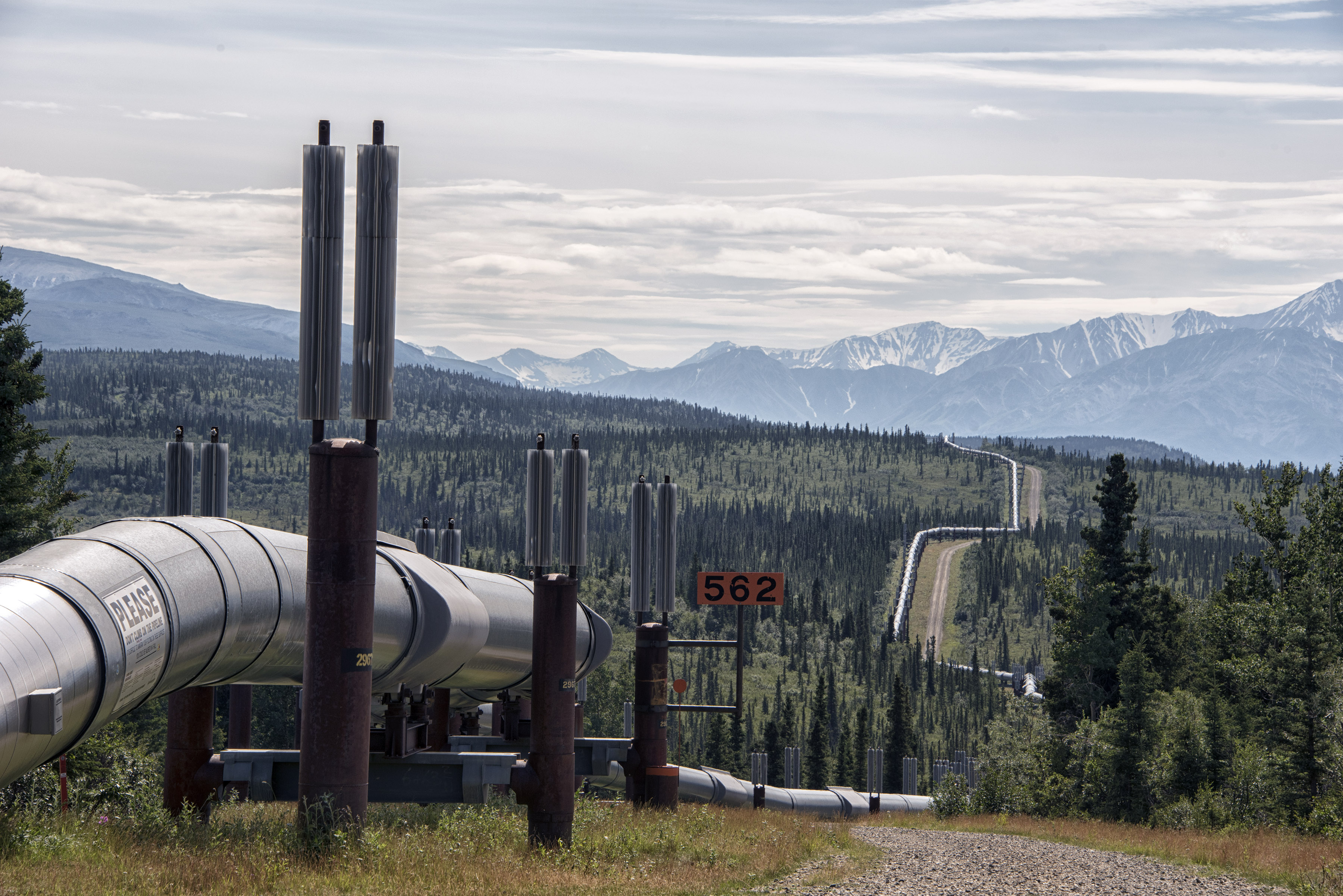Saudi Aramco chief Amin Nasser urged world leaders to continue investing in fossil fuels in the coming years. He said this was needed to avoid rising inflation and social unrest that would force governments to abandon emissions targets. The chief executive of the biggest oil producer said this at the World Petroleum Congress in Houston, the Financial Times reports.
Nasser said there was an assumption that the world could switch to cleaner fuels "almost overnight", but it was "deeply flawed". But publicly acknowledging that oil and gas will play an important role in the transition and beyond is difficult, he said.
He believes the world is facing a chaotic energy transition that is based on highly unrealistic scenarios and assumptions about the future of energy.
The sector has seen a "significant underinvestment" over the past seven years, due to both the struggle with climate change and a lack of capital due to the industry's low profitability, Halliburton oilfield services executive Jeff Miller told the congress.
He said global upstream investment had fallen by 50% and in West Africa by 75% at once.
Nasser added that most "key stakeholders" in industry and politics agree on the risks of underinvestment, but are reluctant to talk about it openly. They talk about it privately, he said, but need to say so publicly.
source: ft.com
Nasser said there was an assumption that the world could switch to cleaner fuels "almost overnight", but it was "deeply flawed". But publicly acknowledging that oil and gas will play an important role in the transition and beyond is difficult, he said.
He believes the world is facing a chaotic energy transition that is based on highly unrealistic scenarios and assumptions about the future of energy.
The sector has seen a "significant underinvestment" over the past seven years, due to both the struggle with climate change and a lack of capital due to the industry's low profitability, Halliburton oilfield services executive Jeff Miller told the congress.
He said global upstream investment had fallen by 50% and in West Africa by 75% at once.
Nasser added that most "key stakeholders" in industry and politics agree on the risks of underinvestment, but are reluctant to talk about it openly. They talk about it privately, he said, but need to say so publicly.
source: ft.com





